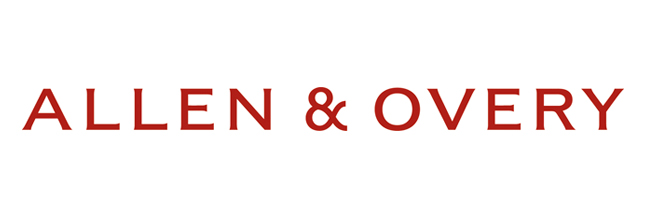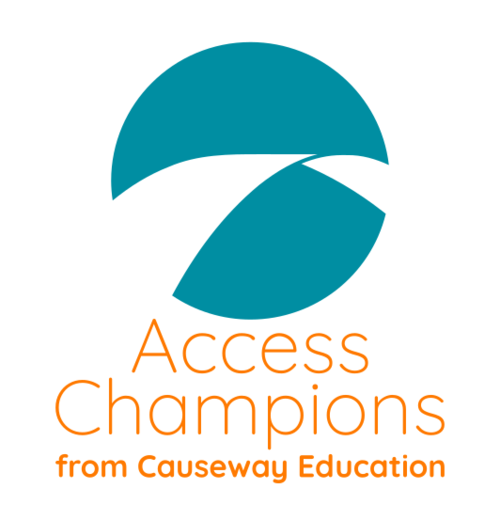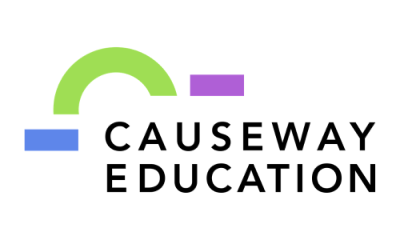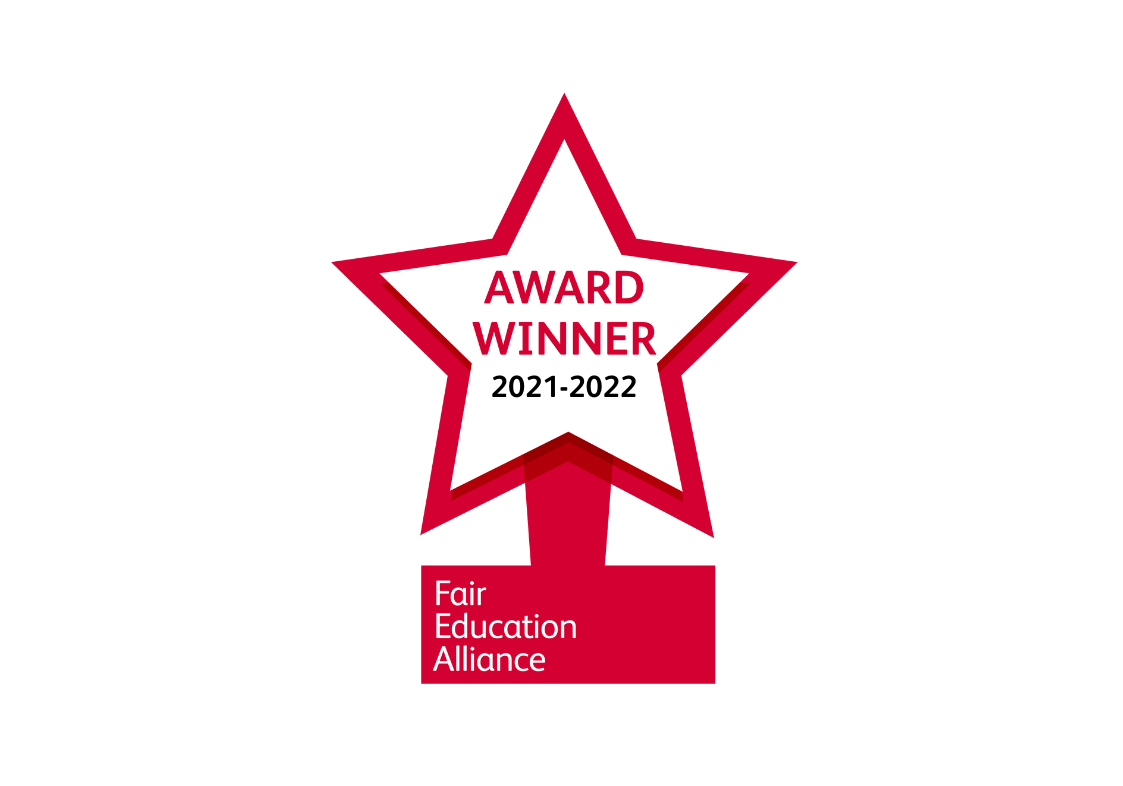"Offer rates have been phenomenal"
/It’s almost a year since we started running our Access Champions programme, and we’re beginning to see results as students get offers from universities. Here we look at how the programme helped Jo Wilson, one of our Access Champions and Head of Sixth Form at Pingle Academy in Derbyshire.
Situated near Burton on Trent in Derbyshire, Pingle Academy is a co-educational, comprehensive, secondary school for students aged 11-18 years in an area where 85% of students live in POLAR1 or POLAR2 postcodes – where the smallest proportion of students go on to higher education. There are 150 students on roll in Years 12 and 13.
During Access Champions training we ask schools to look at how they currently help students to apply to HE, and to set objectives for ways to improve the systems in their school.
After the first workshop, Jo prioritised changing Pingle’s approach to personal statements and references, appointing a link governor for Sixth Form progression, and incorporating OSCAR, our online support platform, into the school’s programme for Years 12 and 13.
At Access Champions events, Jo has used the opportunity to share and compare practice with other schools that have high numbers of POLAR1 cohorts.
Part of the programme involves one of our team of Progression Specialists visiting the school each half-term and holding mentoring sessions with a small group of specially selected students who would benefit most from one-to-one support. At Pingle the Progression Specialist also provided wrap-around support including guidance on Pharmacy interviews.
After the first round of UCAS applications closed in January, Jo told us that training subject teachers and using OSCAR, which provides structure and guidance for students when writing their personal statements, has “vastly improved” reference writing, and that offer rates have been “phenomenal”, with “only a handful” of rejections across all subjects.
Access Champions is about embedding this change in school systems to produce long-term systemic change. With a focus on data, Jo plans to target an increase in Pingle’s overall progression rate from 71% to 78%.
We're delighted to be working with Pingle, and are looking forward to seeing the difference these changes make over the coming months.

















